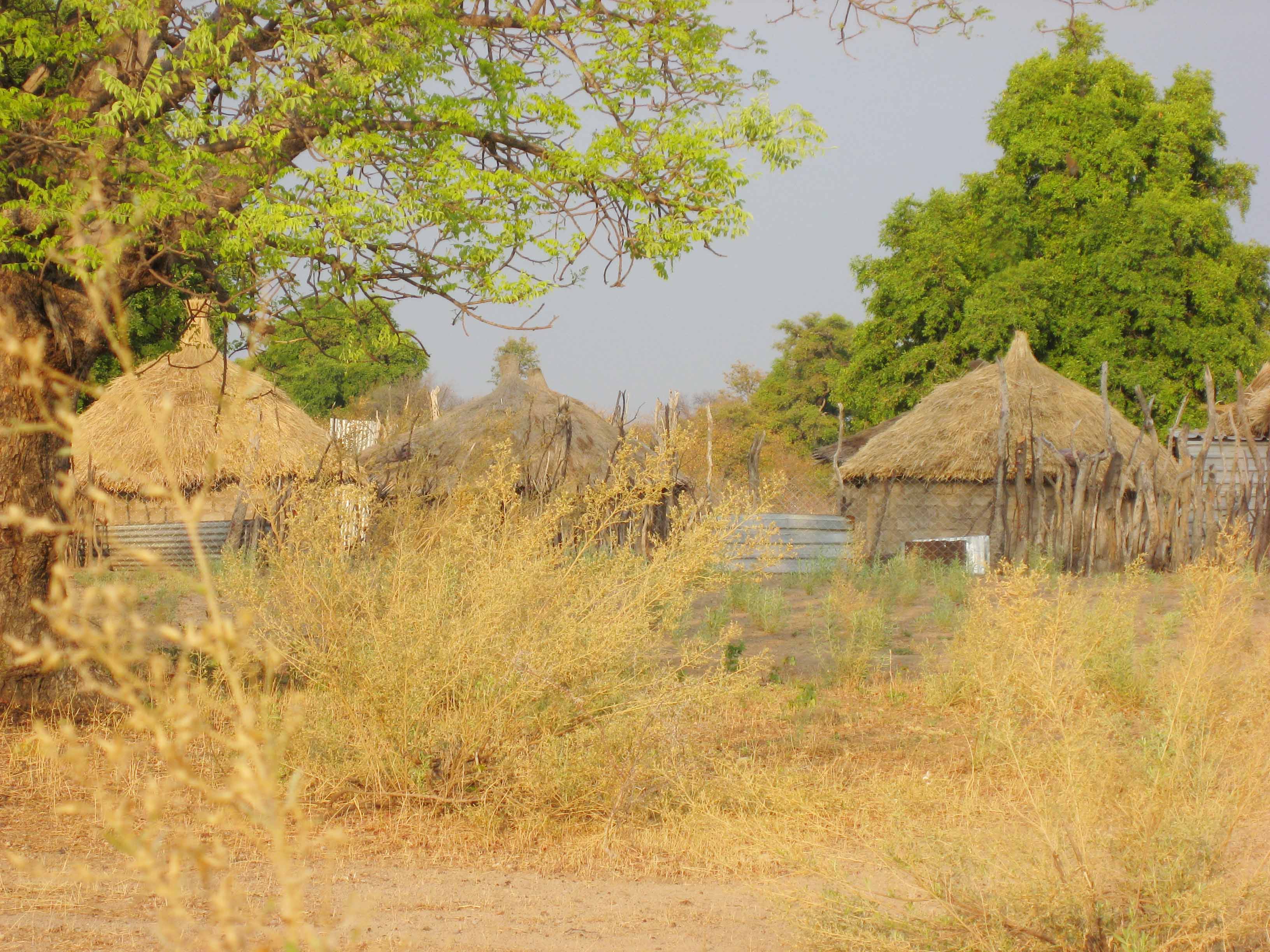The Central Bureau of Statistics (CBS) found that nearly a third of Namibia's 1.8 million people lived on US$1 a day or less, but noted a sharp rise in households classified as "severely poor", or living on less than N$185 (US$19) per month.
The shift has been attributed to a change in research methodology now considered best practice in southern Africa - the "Cost of Basic Needs" - which reset poverty lines along the minimum expenditure required for each household to have a base caloric intake and access to basic non-food needs such as clothing and shelter.
Surveys had previously used a food-ratio method to determine poverty, which looked at total household expenditure and the percentage of spent on food. Any household spending more than 60 percent of its expenditure on food was deemed to be impoverished; 80 percent was deemed "severely poor."
The old methodology began to be questioned about five years ago, when the data indicated that severely poor households had halved in a decade.
United Nations Development Programme (UNDP) economist Sebastian Levine, a staunch advocate of the new methodology and one of the CBS report's core authors, has consistently argued that the new methodology provides for greater sensitivity, which explains why the number of those labelled severely poor has spiked.
"This approach is more directly anchored in the consumption patterns of the poor, and because it focuses on needs, it better represents the actual poverty experience," Levine said.
He cautioned that the methodology was a reflection of monetary deprivation, and that additional studies on other poverty dimensions, such as access to health and education, were needed for a more complete representation of Namibia's poverty.
"Of particular importance was how important the presences of children in the household and the education of the household head were in determining poverty," he said.
"Poorer households have larger numbers of children and this isn't unique to Namibia; that is why determining whether there are children in the household is useful in developing targeting interventions."
The data used for the CBS report was collated before government embarked on an aggressive expansion of its child grant programme, and it is expected that the next survey, to be launched shortly, will reflect the impact of the grant system.
The report also revealed that many existing social grants, such as pensions, were being used to feed more recipients than intended. In households headed by people over the age of 65 years, pensions were the main source of income in 50 percent of households.
Klaus Schade, executive director of Namibia's Economic Policy Research Unit, said this indicated that government needed to extend social safety nets to a wider range of vulnerable groups, as well as improving access to education.
"Obviously, the BIG is not a panacea to address all the problems [noted in the report] but it's a step in the right direction," said Rev Claudia Haarmann, project manager of the Basic Income Grant Coalition.
The coalition began implementing a BIG initiative in a small community outside Namibia’s capital, Windhoek, in early 2008. Its success has led to government pledging to discuss implementation of a BIG on a national scale. "It's shocking that 19 years after independence, Namibia remains one of the most unequal and polarised societies in the world," she commented.
The report also said that patterns of poverty had not altered significantly since independence in 1990, and geographical location often determined poverty levels. Almost 40 percent of rural households were poor, compared only about 10 percent of their urban counterparts.
llg/go/he
This article was produced by IRIN News while it was part of the United Nations Office for the Coordination of Humanitarian Affairs. Please send queries on copyright or liability to the UN. For more information: https://shop.un.org/rights-permissions





